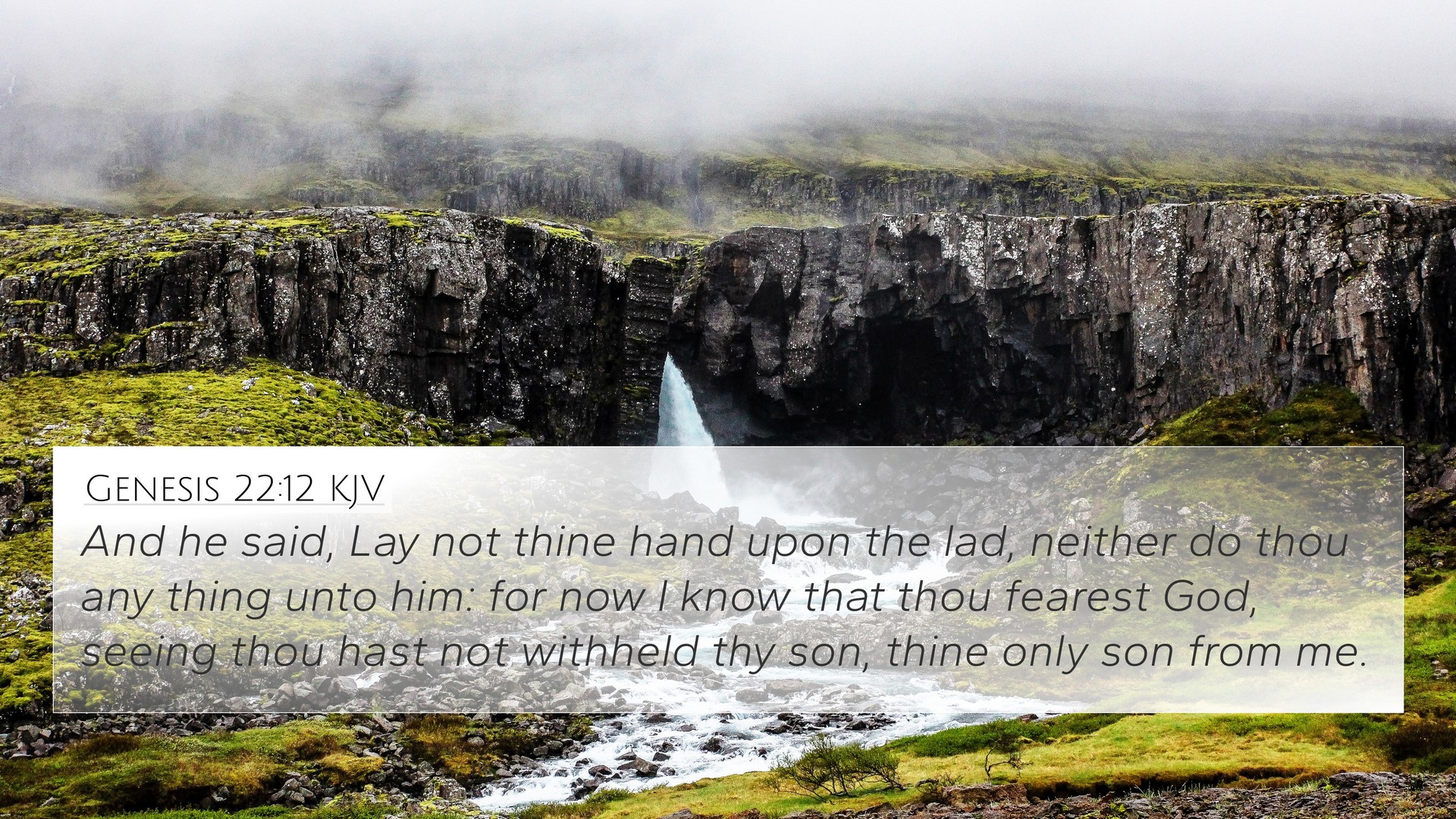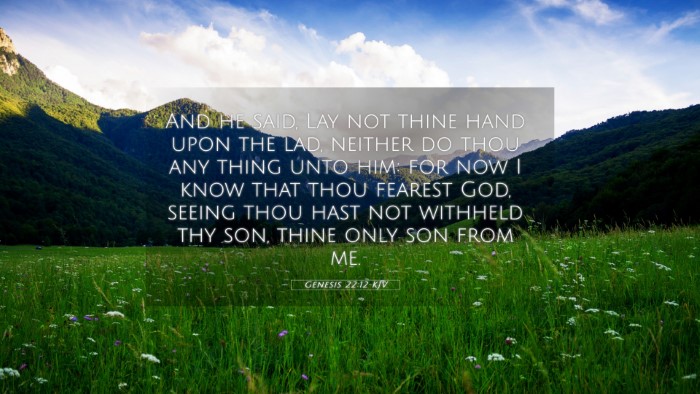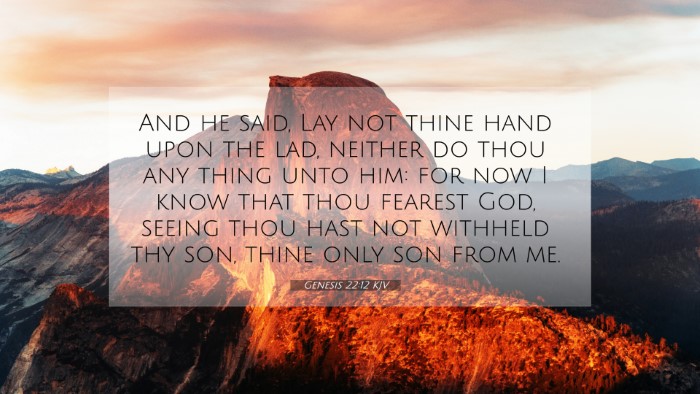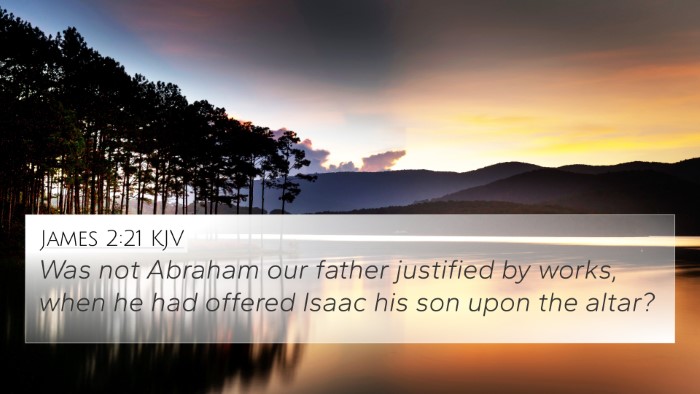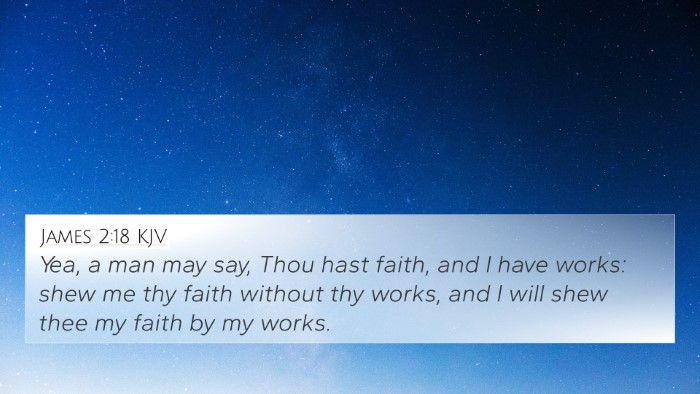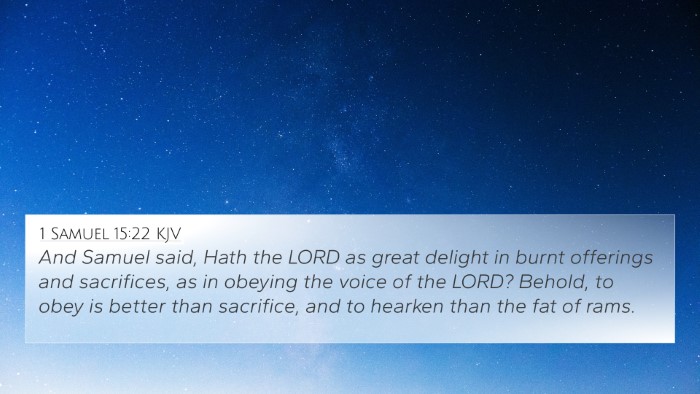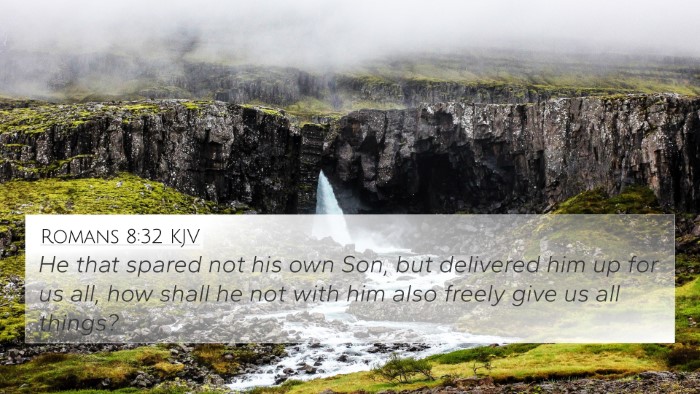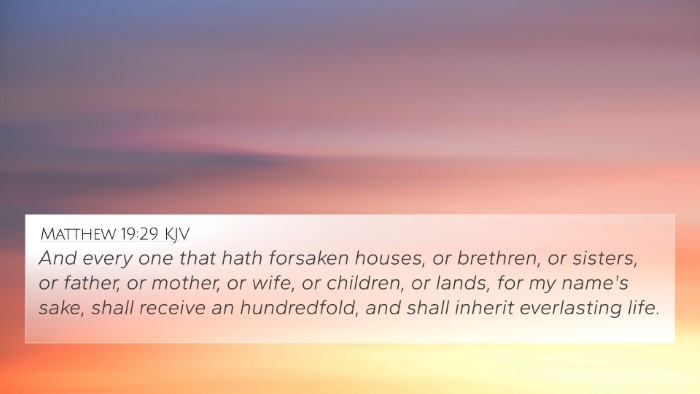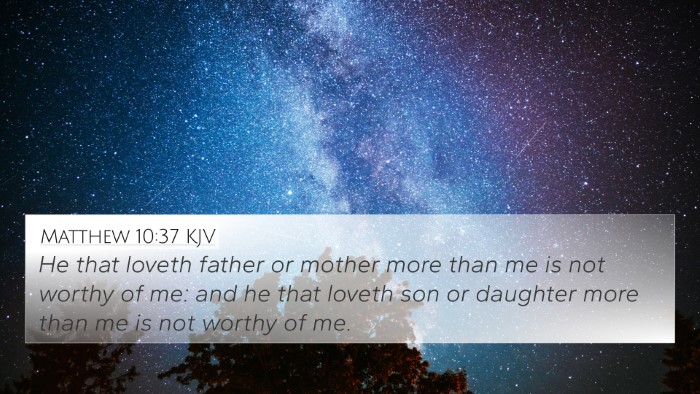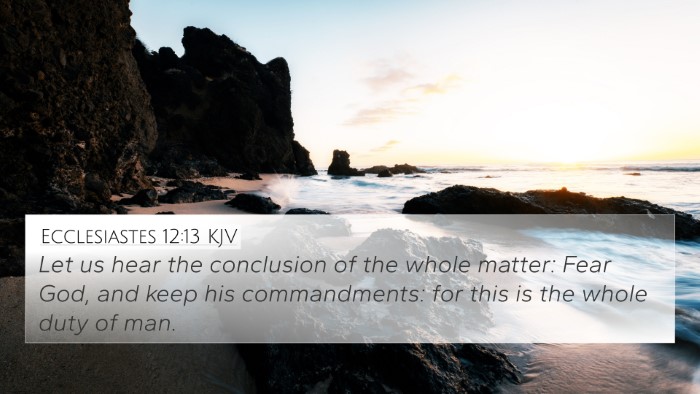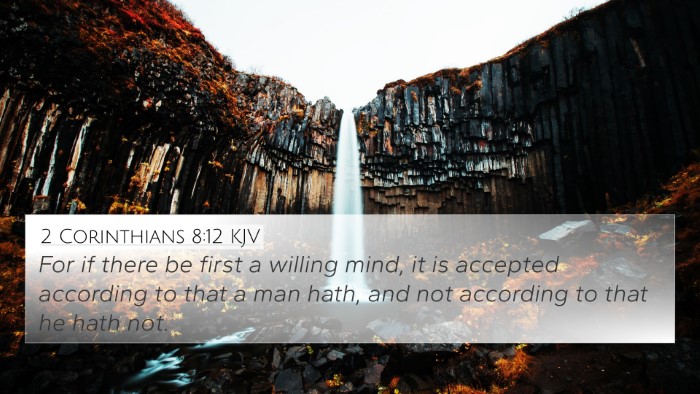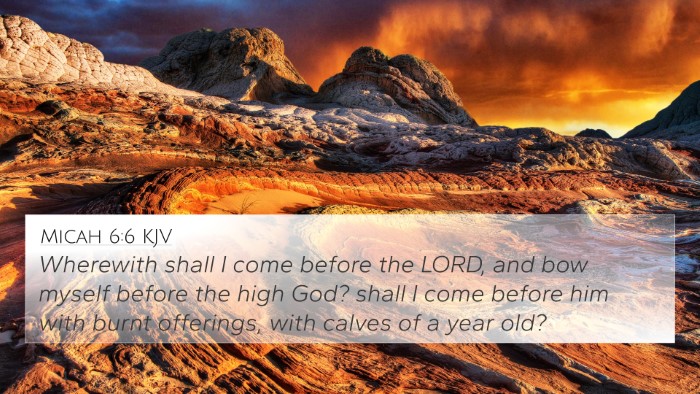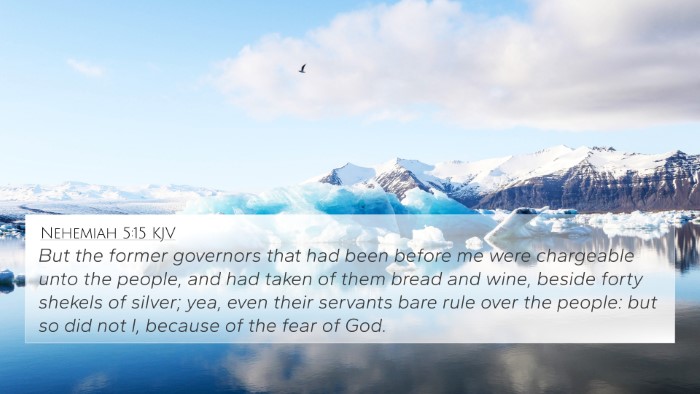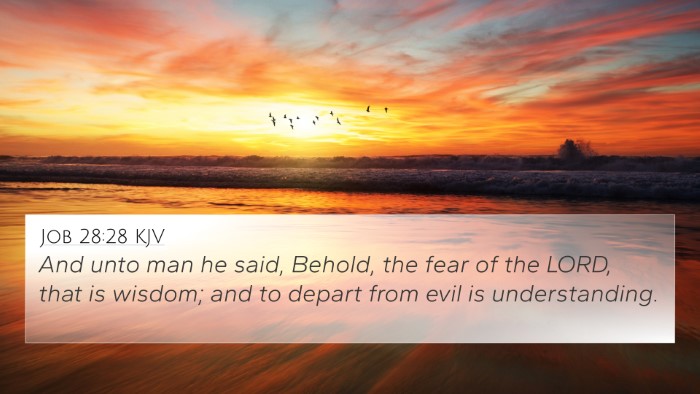Understanding Genesis 22:12
Genesis 22:12 states:
"And he said, Lay not thine hand upon the lad, neither do thou anything unto him: for now I know that thou fearest God, seeing thou hast not withheld thy son, thine only son from me."
Verse Meaning
The verse is a pivotal moment in the biblical narrative often referred to as the Binding of Isaac. It encapsulates the theme of faith and obedience to God. Here we can see that God tests Abraham's faith by commanding him to offer his son Isaac as a sacrifice.
Insights from Public Domain Commentaries
Matthew Henry’s Commentary
Henry emphasizes that this test confirms Abraham's standing with God. The command to sacrifice his son was extreme, yet Abraham's willingness illustrates profound faith. He interprets God's response—preventing the sacrifice—as an affirmation of Abraham’s fear of God, which is the beginning of wisdom.
Albert Barnes’ Notes
Barnes interprets this verse as demonstrating the nature of faith. By withholding nothing from God, Abraham proved his trust and commitment. Barnes parallels Abraham's faith with the faith that is required of believers, noting that true faith often involves significant tests and sacrifices.
Adam Clarke’s Commentary
Clarke discusses the emotional weight of the moment and highlights God's provision of a substitute sacrifice. He further explores the implications of God’s command, illustrating it as a foreshadowing of God’s own sacrifice of His Son, linking it to redemption and grace.
Connections to Other Bible Verses
Genesis 22:12 has several connections to other biblical texts, enhancing our understanding through thematic Bible verse connections. Here are some relevant Bible cross-references:
- Hebrews 11:17-19: Discusses Abraham's faith in believing that God could raise Isaac from the dead.
- James 2:21-23: Highlights Abraham's faith manifested through works, exemplified by his willingness to sacrifice Isaac.
- Romans 4:20-21: Illustrates Abraham's unwavering faith that God would fulfill His promises, including the promise of Isaac.
- John 3:16: Connects to the theme of sacrifice, where God gave His only Son for humanity, mirroring Abraham's willingness.
- 1 Samuel 15:22: Emphasizes the importance of obedience to God's commands over ritual sacrifice.
- Philippians 2:8: Points to Christ's obedience, up to death, as a parallel to Abraham's willingness to offer Isaac.
- Exodus 12:3: Draws parallels with the sacrificial lamb in the Passover story, reflected in the later Jewish sacrificial system.
- Genesis 21:12: Indicates the importance of Isaac as Abraham's heir, heightening the emotional stakes of the sacrifice.
- Matthew 26:39: Reflects Jesus' submission to the Father’s will, akin to Abraham's submission in Genesis 22.
- Genesis 22:13: The appearance of the ram signifies God’s provision, demonstrating His mercy in light of faith.
Conclusion
Genesis 22:12 serves as a profound testament to the depth of faith required in the relationship between God and His followers. It urges believers to examine their own faith, readiness to obey, and the value of sacrificial love. Through the connections made in the scriptures, one recognizes the continuity of God's faithfulness from Old Testament narratives to New Testament truths.
Utilizing Bible Cross-References
For those looking to delve deeper into understanding this verse, the use of cross-referencing biblical texts can enhance comprehension. By identifying connections between Bible verses, believers can gain a more robust appreciation of scriptural teachings and their implications for faith and practice.
Tools for Cross-Referencing
Using a Bible concordance and a cross-reference Bible study guide can help in effectively locating relationships between scripture passages. Identifying connections between Old and New Testament texts reveals thematic elements crucial for understanding God's overall narrative.
Exploring Inter-Biblical Dialogue
Engaging in a cross-reference study enables believers to interpret biblical themes through connections. Exploring similarities between Genesis 22:12 and related verses can deepen insight into God's character and intentions for humanity.
Final Thoughts
In a world filled with uncertainty, the example set forth in Genesis 22:12 reminds believers of the unwavering faith exemplified by Abraham. Emulating such faith in our lives can lead to a closer relationship with God and a deeper understanding of His purpose.
